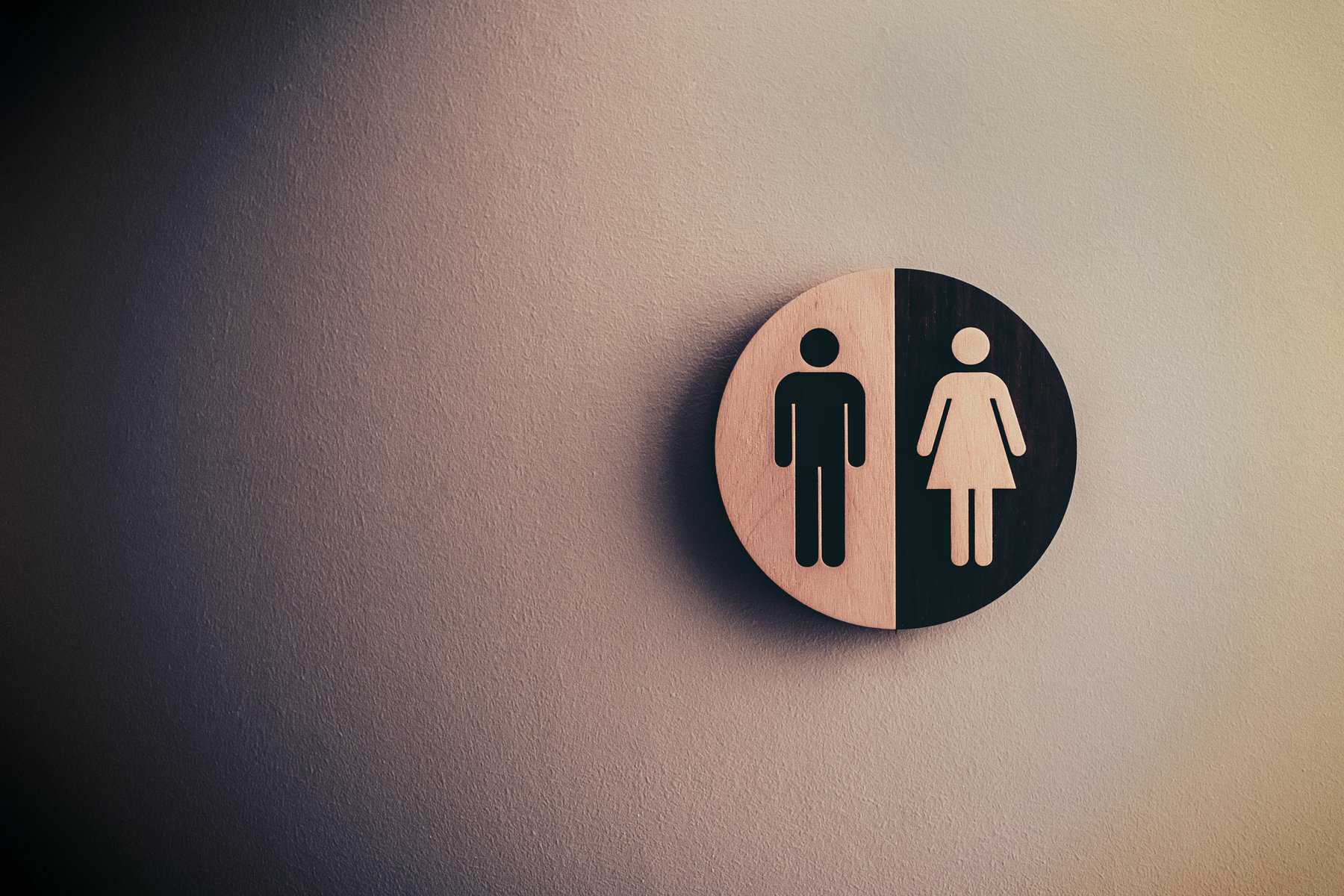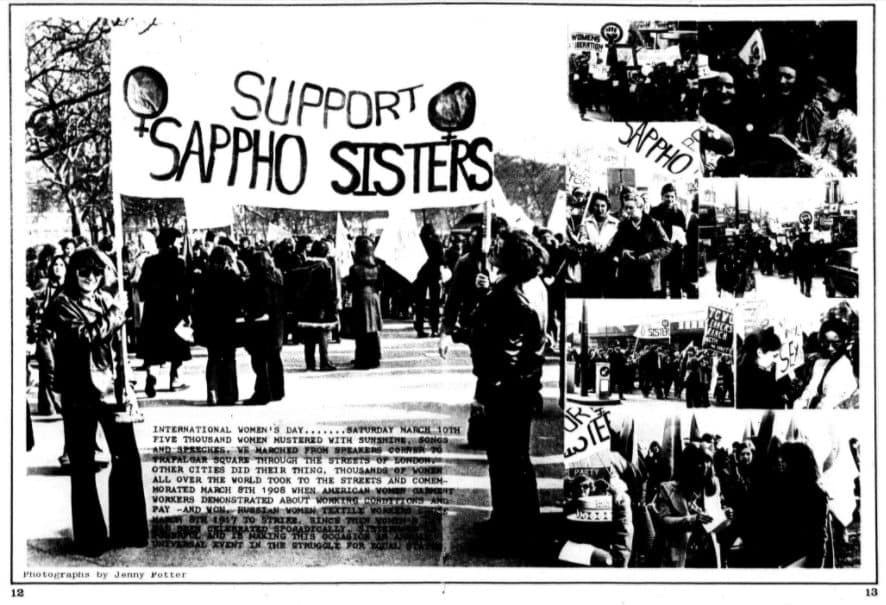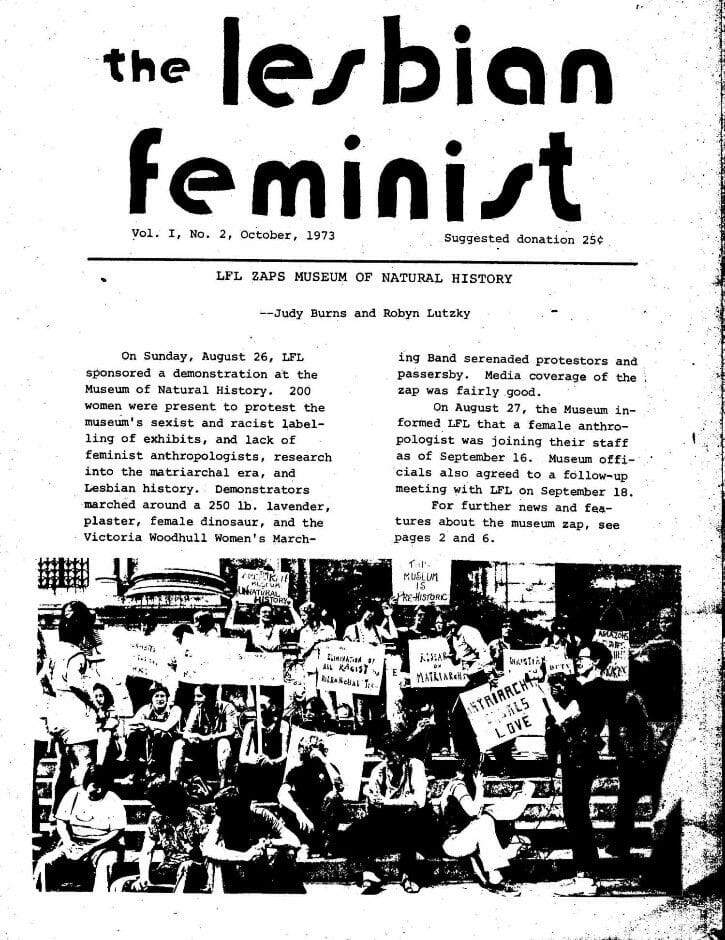By Lily Cratchley, Gale Ambassador at the University of Birmingham
International Women’s Day was celebrated on Friday 8th March this year, and, as always, it provided an opportunity for us to reflect on the ongoing female fight for universal suffrage, freedom and equality. Several defining moments stand out in women’s history, having shaped our ability to lead the lives we do today, including: gaining the right to vote in 1918, the passing of the Equal Pay Act in 1970 and, of course, the legalisation of the oral contraceptive pill in 1961, enabling women to finally have a say over their reproductive rights.



